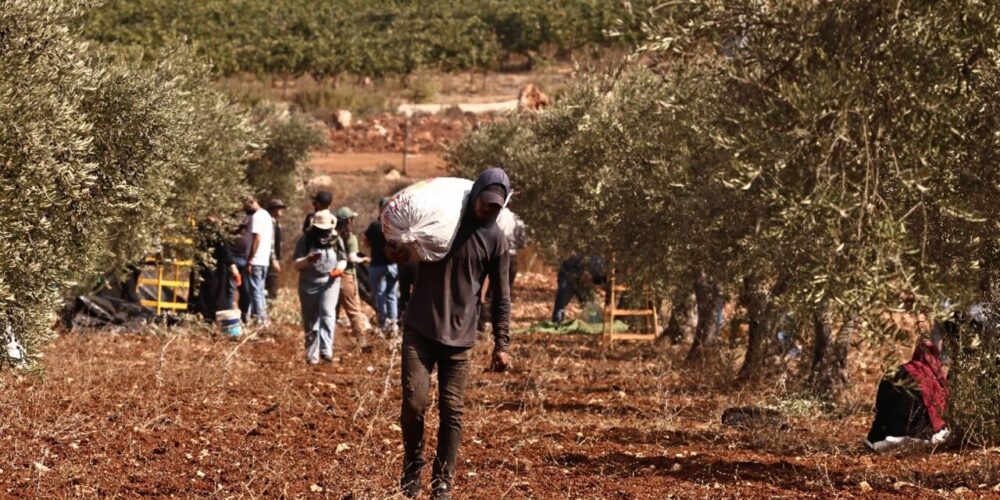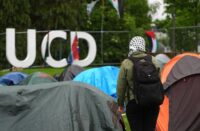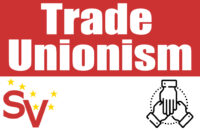The olive harvest season in Palestine begins in mid-October. The following is a report from a single day as an international volunteer assisting farmers in the West Bank. Names and locations are omitted to protect Palestinians, volunteers, and the author from Israeli regime reprisal.
We rise again today at 5:30 to prepare for transport to farms in the surrounding area at 6:30. This morning, the communal area is quiet and the mood sombre; scattered everywhere are the belongings of comrades. Thirty of them were arrested yesterday and are currently locked in a settlement police station.
We later came to learn of their experience in the hands of the Zionists. They are mocked, humiliated, and strip-searched. Older comrades are refused essential medication. Frozen bread is thrown at them for dinner. They stand fast collectively against interrogation, refusing to sign any documents or accept wrongdoing. Nevertheless, they are deported and banned for 99 years.
Today we assist two brothers harvesting their father’s land. On arrival, we hear gunfire 800m to the west. The IOF have fired on farmers. A local paramedic in our company leaves to assist. We talk and joke as we pick olives, then stop for breakfast under the shade of an olive tree. All this time, there is a constant IOF patrol which circles a new settlement 400m to the north. The brothers tell us this settlement comprises three young men, a caravan, and a flag. They planted the flag soon after 7 October and claimed the land. On the hills further away, we see what this will soon become: absurd European-style houses, non-native flora, and pipes which dump human waste into the streams serving Palestinian villages below.
On return to work, the mood changes. The brothers remind us to be observant and of the protocols should the settlers arrive. We move into a valley filled with beautiful elderly trees. They proudly proclaim that they have been in their family for generations, and were planted by the Romans. After several hours’ work in the hot sun, we finish and rest in the shade. Instantly, three settlers arrive.
They observe us initially, and we notice two are armed with sticks. The third has an M4 that is unmaintained, but it has a modern scope and he carries a magazine pouch. As our group is small, they advance; if we were more numerous, they would have waited for IOF backup. We follow the brothers’ lead and move back up the hill towards the mosque. The settlers move close between us, taunting, threatening, and growling. They attempt to take the olives, the hard-earned fruit of the day’s labour. The brothers stand strong and refuse. They continue their pursuit regardless for a further ten minutes. When discussing the situation afterwards, the brothers explain that you cannot show fear or respond. Both will lead to violence. I have to remind myself that they are not discussing an encounter with a wild animal.
Later in the evening, we reach our accommodation. Minutes later, our coordinator arrives and tells us to pack. Our location is insecure, as the Israeli forces have seized our arrested comrades’ phones. The settlers have also begun a campaign to pressure the police to deport all international volunteers.
For now, we continue to harvest. The consensus on the ground is that there will be a heightened effort to steal further land following the ‘peace deal’, as more military resources will become available to the settlers. For us that stand in solidarity, we experience a small insight into the daily life of the Palestinian people. We are constantly humbled by the hospitality, courage, and bravery they show in the face of constant danger.






